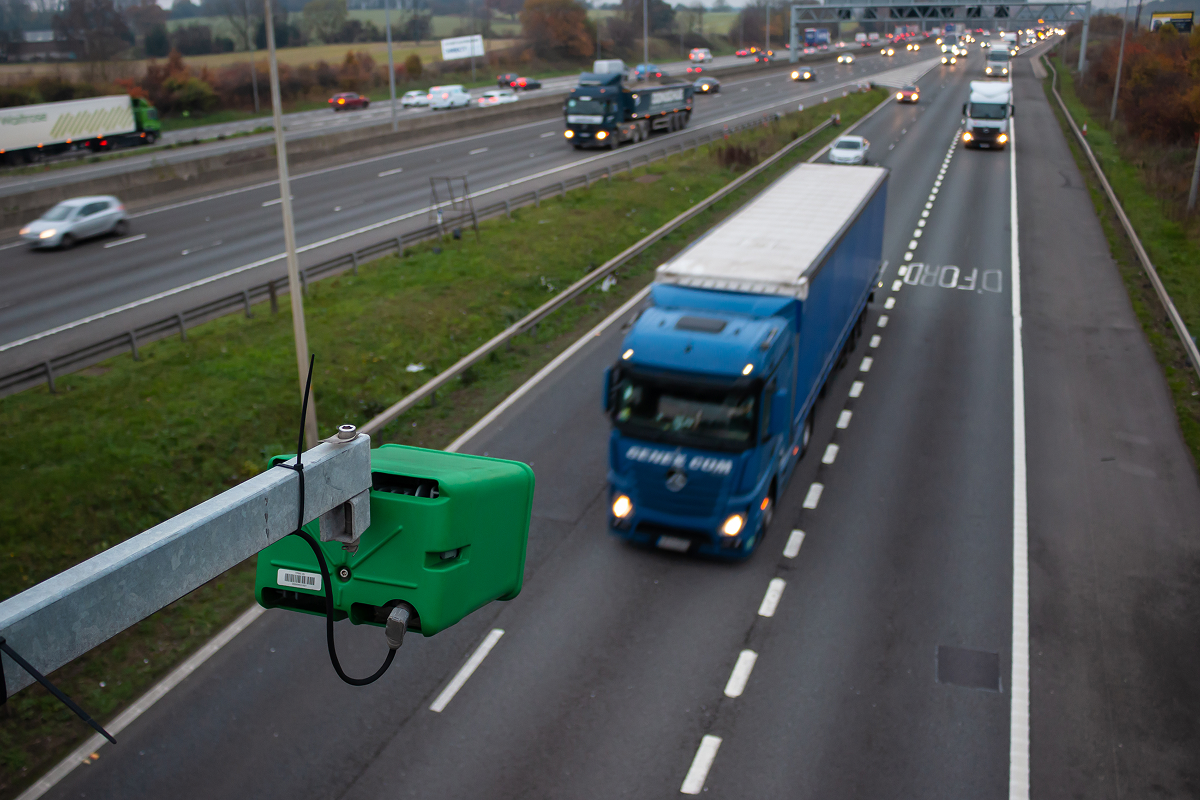Introduction
The Intelligent Transport Management System (ITMS) is revolutionizing the way cities and transportation networks operate. By leveraging real-time data collection, artificial intelligence (AI), and the Internet of Things (IoT), ITMS improves traffic flow, reduces congestion, enhances public transport efficiency, and minimizes environmental impact. However, these advancements come with significant ethical concerns, particularly regarding data privacy, surveillance, and potential misuse of personal information. As governments and private entities increasingly implement ITMS, finding a balance between efficiency and privacy becomes crucial.
The Role of Data Collection in ITMS
ITMS relies heavily on data collection to function effectively. This includes:
- Traffic Monitoring Data: Sensors and cameras gather information on vehicle flow, congestion levels, and road conditions.
- Public Transport Data: Smart ticketing systems, GPS tracking, and passenger flow analysis optimize transit operations.
- Personal Data from Commuters: Mobile applications, toll collection, and ride-sharing platforms track user behavior and travel patterns.
- Vehicle Telematics Data: ITMS integrates data from connected vehicles to improve navigation and safety measures.
These data points allow ITMS to enhance transportation efficiency by reducing travel time, minimizing fuel consumption, and improving road safety. However, the widespread collection and use of such sensitive data raise ethical concerns about privacy and security.
Ethical Challenges in Data Collection
1. Privacy Concerns
One of the most significant ethical issues in ITMS is the potential invasion of privacy. With extensive surveillance through CCTV cameras, GPS tracking, and license plate recognition systems, individuals’ movements can be constantly monitored. This raises questions about:
- Who has access to the collected data?
- How is this data stored, and for how long?
- Are individuals informed about the extent of data collection?
Without proper regulations, ITMS could lead to excessive government surveillance, potentially infringing on citizens’ rights to privacy.
2. Data Security and Potential Misuse
With ITMS collecting vast amounts of data, the risk of cyber threats and data breaches becomes a pressing concern. If transportation data, including personally identifiable information (PII), falls into the wrong hands, it could lead to:
- Identity theft and fraud.
- Unauthorized tracking of individuals.
- Manipulation of transportation systems by hackers.
Ensuring robust cybersecurity measures and data encryption is vital to mitigate these risks.
3. Lack of Transparency and Consent
Many commuters are unaware of the extent to which their data is being collected and used in ITMS. There is often a lack of transparency about:
- What data is being collected.
- How it is being used.
- Whether individuals can opt-out or control their data sharing.
Without clear policies and user consent mechanisms, ITMS may unintentionally violate ethical standards regarding informed consent and data protection.
4. Bias and Discrimination in Data Utilization
AI-powered ITMS can exhibit biases, especially if the data collected is not representative of diverse populations. Biased data collection can lead to:
- Unfair traffic enforcement targeting specific demographics.
- Discriminatory access to transportation services.
- Unequal distribution of resources in urban planning.
Ensuring fairness and inclusivity in ITMS data usage is necessary to avoid unintended social discrimination.
Striking a Balance: Efficiency vs. Privacy
While ITMS offers undeniable benefits in optimizing transportation networks, it is essential to find a balance that protects individual privacy without compromising efficiency. Here’s how this can be achieved:
1. Implementing Strong Data Governance Policies
Governments and organizations must establish clear regulations regarding data collection, storage, and sharing. This includes:
- Defining who can access ITMS data.
- Implementing strict guidelines on data retention periods.
- Ensuring compliance with international data protection laws (e.g., GDPR, CCPA).
2. Prioritizing Data Anonymization
To protect individual identities, ITMS should use data anonymization techniques such as:
- Masking personally identifiable information.
- Aggregating data to analyze trends rather than tracking individuals.
- Implementing decentralized data storage to prevent centralized breaches.
3. Enhancing Public Awareness and Consent Mechanisms
Users should have the right to understand how their data is collected and used. This can be achieved by:
- Providing clear and accessible privacy policies.
- Allowing individuals to opt in or out of certain data-sharing features.
- Implementing user-friendly consent management tools in transportation apps.
4. Strengthening Cybersecurity Measures
ITMS operators must adopt robust cybersecurity protocols, including:
- End-to-end encryption of all collected data.
- Regular cybersecurity audits and penetration testing.
- Implementing multi-factor authentication for access control.
5. Ensuring Fair and Inclusive AI Algorithms
To prevent discrimination, AI models used in ITMS should be:
- Trained on diverse datasets to eliminate biases.
- Subjected to regular audits for fairness and accountability.
- Designed with ethical AI frameworks to promote unbiased decision-making.
6. Enforcing Independent Regulatory Oversight
Independent regulatory bodies should oversee ITMS operations to:
- Ensure compliance with ethical and legal standards.
- Conduct regular evaluations of privacy protection measures.
- Address public grievances related to data misuse or privacy violations.
Conclusion
The Intelligent Transport Management System is a game-changer for modern transportation, offering enhanced efficiency, reduced congestion, and improved public transit services. However, its reliance on extensive data collection presents ethical challenges concerning privacy, security, and fairness. By implementing strong data governance policies, anonymizing user information, improving public transparency, and ensuring equitable AI usage, ITMS can balance efficiency with privacy. Achieving this balance is crucial in maintaining public trust while leveraging the full potential of intelligent transport solutions.
As cities continue integrating ITMS into their infrastructure, ethical considerations must remain at the forefront of technological advancements. Striking a fair balance between innovation and individual rights will ensure a sustainable and equitable future for intelligent transportation systems worldwide.










